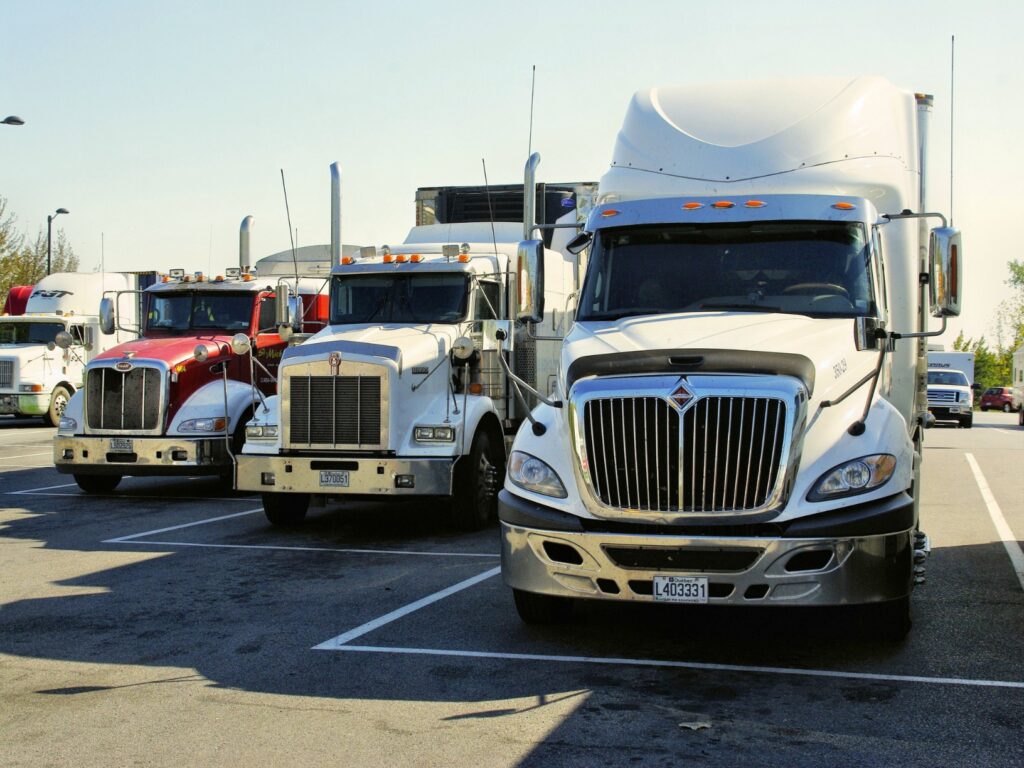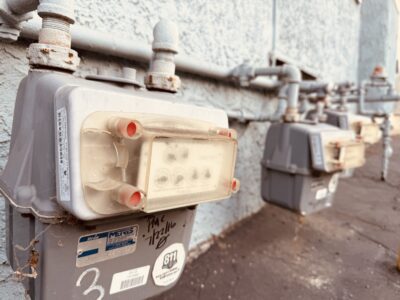Governor Newsom Should Veto These Four Bills
Four seemingly modest bills — AB 1122, AB 1296, AB 637 and AB 3179 — are sneaky legislative efforts to threaten California’s world-leading clean transportation investments.

This post was co-authored by Ruben Aronin, Principal of the Better World Group.
With just weeks to go before November 5, all eyes are on the election, including what it means for environmental policy. And yet, one of the largest threats to California’s clean transportation leadership in recent history has materialized right under our noses — and it’s coming from our own legislature. Our elected leaders understand that California’s transition to a clean energy future is essential both for the health of our residents and our economy. So, how have four seemingly modest bills on the Governor’s desk emerged to attack the state’s landmark clean vehicle and port pollution standards?
AB 1122, AB 1296, AB 637 and AB 3179 flew under the radar, appearing to many advocates and lawmakers as technical bills of little consequence. After failing to pass last year, they were amended late in this year’s legislative session and skillfully downplayed by lobbyists set on weakening and delaying implementation of the state’s Advanced Clean Fleet (ACF) and Commercial Harbor Craft (CHC) rules, which set new standards and timelines for a smooth transition to clean trucks and port vehicles. These crucial standards provide life-saving protections to the communities most burdened by toxic diesel exhaust from transportation hubs and ports; we cannot afford more obstacles or delays in delivering cleaner air and healthier lives.
These four bills would introduce unnecessary delays, conditions, and exceptions into the ACF and CHC standards, weakening California’s ability to combat the diesel pollution crisis. If signed, the state would have to withdraw Clean Air Act waiver requests already in process with the Environmental Protection Agency. These withdrawals could potentially put those waiver decisions into the hands of a hostile federal administration in 2025. The legislative analysis accompanying the legislation made clear that if the waiver is delayed, the state would experience “a loss of emission reductions and associated health benefits,” and could jeopardize compliance with federal air standards. Once the landmark ACF and CHC standards are opened up for revision, they instantly become vulnerable to further degradation as lobbyists demand additional exemptions, concessions, and delays. Moreover, even a delay in the implementation of the standards delays cleaning up our air and cutting greenhouse gasses.
Decades of public health improvements, business investments and clean air progress could be wiped out unless Governor Newsom exercises his veto power. Californians living in diesel death zones near ports, warehouses, and other heavy traffic areas can’t afford to keep waiting for the clean air these standards will deliver. Diesel exhaust from heavy-duty trucks is toxic, containing more than 40 cancer-causing substances that make respiratory conditions like asthma and COPD worse. Estimates show that in 2023 alone, diesel pollution caused $18.2 billion dollars in monetized health damages to Californians across the state.
The good news is that our clean vehicle standards are working. Truck manufacturers are now two years ahead of schedule in meeting the state’s gradual zero-emissions vehicle sales goals. The sale of new electric trucks, buses, and vans in California doubled in 2023 from 2022, and one of every six medium and heavy-duty vehicles sold in the state today produces zero pollution. Manufacturers are stepping up to meet fleet operators’ growing interest in highly efficient electric technologies. Further, the industry already has access to generous ways to comply with the standards, developed through a rigorous public engagement process, to allow for a phased-in transition. There is no excuse to enact laws that will take us backward.
Communities and businesses alike are banking on the certainty that these standards will be implemented as they were designed. If signed, the four bills will shatter investors’ expectations, jeopardize public-private partnerships, and destabilize investments made in California’s world-leading clean transportation industry. We must continue to send clear market signals that will jump-start even greater investments and faster job growth. Every step we take to clean up our air saves lives, prevents asthma hospitalizations and lost work and school days, avoids unnecessary suffering, saves on health costs, and keeps our economy moving.
Governor Newsom has until September 30th to veto these dangerous bills and safeguard the life-saving progress we’ve made. He should do so.
This post was co-authored by Ruben Aronin, Principal of the Better World Group.







Reader Comments